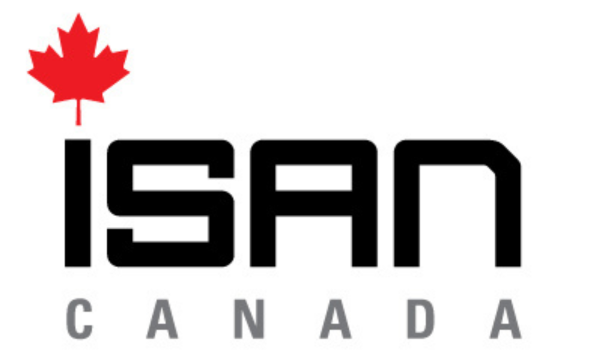About the
CMPA
The Canadian Media Producers Association is Canada’s trade association for independent producers. We represent hundreds of companies engaged in the development, production and distribution of English-language content for TV, feature film and digital media channels.
The CMPA’s diverse membership produces an incredible variety of projects, from acclaimed indie films to animated kids’ shows—and everything in between. Have a favourite Canadian TV show? Chances are one of our members produced it. Those Canadian films getting all the hype on the festival circuit? Again, it’s more than likely you’re hearing about our members’ work.
We work on behalf of our members to ensure a bright future for domestic media production and Canadian content. Here’s how:

We promote the outstanding content that our members produce, building awareness of the cultural and economic value of our industry.
We run mentorship programs to foster the careers of Canada’s next generation of producers.
We advocate on behalf of our members before federal and provincial governments on policy that affects our industry (such as broadcasting, copyright, taxation and trade).
We put on Canada’s leading industry conference, Prime Time, which connects participants working in every area of the industry.
We negotiate labour agreements with key unions and guilds, and we support our members when dealing with these agreements.

We produce a number of publications, including the annual economic report Profile and Indiescreen magazine.
The CMPA has offices in Ottawa, Toronto and Vancouver, and is governed by a board of directors composed of CMPA members. To ensure broad member representation, the directors are independent producers from small, medium and large companies from every region in Canada. They work in television production, theatrical feature film, digital media and production service.
Learn more about our Board of Directors, committees and governance.
Commitment to equity, diversity and inclusion
The CMPA is committed to advancing equity, diversity and inclusion within our organization and in the Canadian media industry more broadly.
We will work with both members and non-members to advance equal opportunities and inclusion for all people in the industry. We believe that an inclusive industry empowers Canadian creators to reach and relate to audiences at home and around the world.
The CMPA is also dedicated to providing customer service that is accessible to and inclusive of all our customers.
CMPA organizations
The CMPA has founded and appoints the boards of directors of two not-for-profit organizations to promote rights management and compensation for producers.

Canadian Retransmission Collective (CRC)
The CRC collects and distributes Canadian-territory retransmission royalties on behalf of over 8,000 rightsholders worldwide. These royalties are collected from retransmitters (such as cable and satellite companies) who profit from providing broadcast signals to their customers. The CRC researches well over 1.7 million hours of programming annually, and has distributed more than $335 million to rightsholders to date. crc-scrc.ca

ISAN Canada
ISAN is a global numbering system for audiovisual works—a simple, permanent identifier that can be read by anyone and processed by any system around the world. ISAN Canada issues ISAN numbers to Canadian audiovisual works and registers them in the central database, which is tremendously beneficial for rights administration, permissions and payments. ISAN Canada has over 1,800 registered users. isan.ca